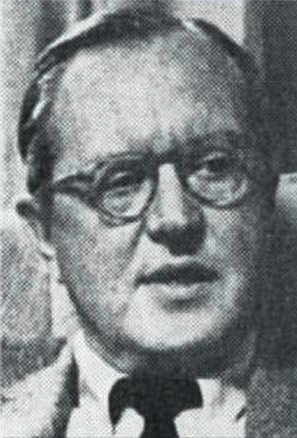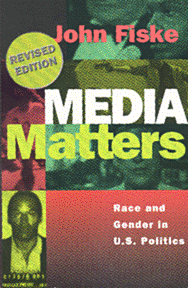
Josh Shepperd provides Part 1 of 2 to his final entry in the "On (the) Wisconsin Discourses" series with an examination of Michele Hilmes' contributions to discursive analysis.
Read more »
Tags: Birmingham School, communication arts, consumer activism, cultural theory, Discourse, discursive analysis, Douglas Gomery, drift literacy, Habermas, hegemony, historiography, John Fiske, Julie D'Acci, madison mafia, Media and Cultural Studies, media literacy, media studies, Michele Hilmes, Network Nations, public, public sphere, publics, radio voices, Richard Hoggart, sound studies, Stuart Hall, transnational
Posted in Columns, Honoring Hilmes | 1 Comment »

Does circulating information influence, inflect, or inhibit material relations in empirically verifiable ways? And do strategic interventions in the super-structural sphere actually promote sustainable social effects?
Read more »
Tags: Bakhtin, Birmingham School, Cagney and Lacey, circuit model, circulation, cultural studies, cultural theory, Discourse, emergence, gender, gender and television, Gramsci, industry studies, John Fiske, Julie D'Acci, Mass Communication, Media and Cultural Studies, media effects, media literacy, media theory, Representation, Richard Johnson, strong effects, Stuart Hall, sublimation, television, television studies, weak effects
Posted in Academia, Perspectives | Comments Off on Julie D’Acci on the Emergent Qualities of Sublimating Circuits

Josh Shepperd's "On (the) Wisconsin Discourses" series continues with a focus on the contributions of Julie D'Acci to the concepts of emergence and temporality
Read more »
Tags: Birmingham School, Cagney and Lacey, Discourse, emergence, gender, industry studies, John Fiske, Julie D'Acci, temporality
Posted in Perspectives | Comments Off on Julie D’Acci on Mapping the Reflexivity of Cultural Temporality

In this latest post in our From Mercury to Mars series, Josh Shepperd discusses the "War of the Worlds" broadcast as a foundational subject for intellectual history and, as the subject of social research like Hadley Cantril's The Invasion from Mars, one of the events that legitimated the very study of media.
Read more »
Tags: #WOTW75, audiences, broadcasting history, CBS, Communications Act of 1934, educational media, FCC, Federal Radio Education Committee, Frank Stanton, Hadley Cantril, Herta Herzog, Mass Communication, media aesthetics, media effects, media studies, Mercury Theatre on the Air, Orson Welles, Paul Lazarsfeld, Princeton Radio Research Project, propaganda, public broadcasting, radio studies, Rockefeller Foundation, War of the Worlds, William Paley
Posted in Columns, From Mercury to Mars | Comments Off on From Mercury to Mars: War of the Worlds and the Invasion of Media Studies

What political investments are written into discursive analysis? What is the relationship between media literacy and aesthetic analysis?
Read more »
Tags: Aesthetics, Birmingham School, david bordwell, Discourse, Foucault, Gramsci, John Fiske, Julie D'Acci, Media and Cultural Studies, media education, media literacy, Michele Hilmes, Pierre Bourdieu, Raymond Williams, Richard Hoggart, semiotics, Stuart Hall, television, television studies, understanding popular culture, understanding television
Posted in Politics, TV | 2 Comments »

Part one in a series on "The Wisconsin Discourses."
Read more »
Tags: Discourse, John Fiske, Media
Posted in Industry, Politics, TV | 3 Comments »

Do public spaces increase democratic participation through public discourse and visibility? Does a mediated non-profit ‘public forum’ help to promote the ‘promise’ of American democracy? These questions still provide grounds for healthy debate over the purpose of media studies, as well as a coherent logic for media research.
Read more »
Tags: media studies, public media, public sphere
Posted in Industry, Perspectives | 5 Comments »







